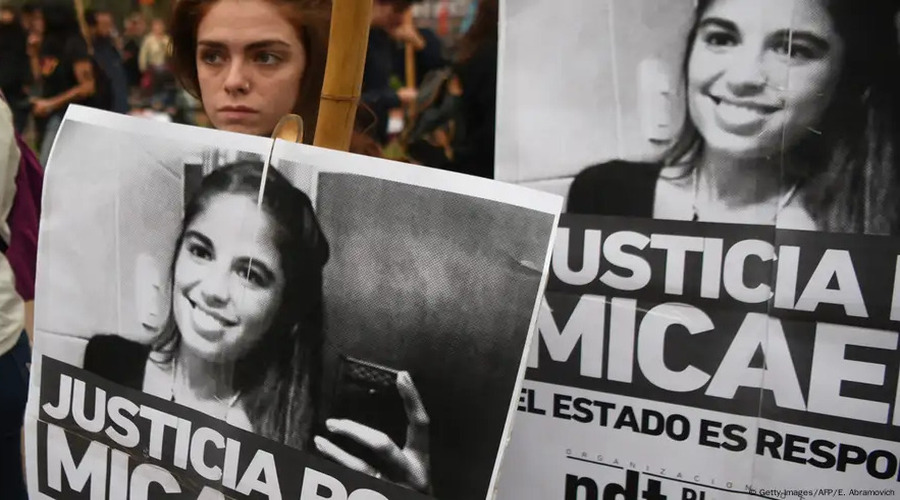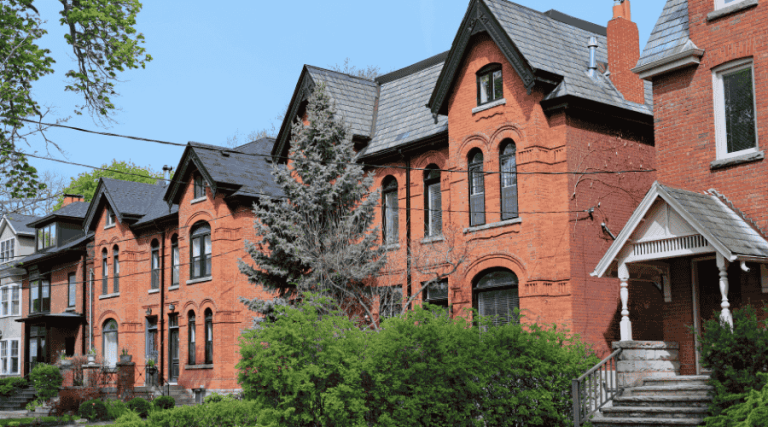
Over the weekend, thousands of people took to the streets in several cities across Argentina to protest the brutal murder of 21-year-old Micaela García. Her body was discovered on Saturday in a vacant lot on the outskirts of Gualeguay, a city in the province of Entre Ríos, after she had been missing for a week.
Authorities have identified Sebastian Wagner as the prime suspect in Micaela García’s murder. Wagner, who had a criminal history involving multiple rape charges, was sentenced to nine years in prison in 2012. Despite this, he was released on parole in July 2016, two years before completing his sentence. The decision to grant parole was made by Judge Carlos Alberto Rossi, who cited Wagner’s “good behavior” as justification for his release.
The public outrage was not only directed at Wagner but also at the judicial system in Argentina that allowed a convicted rapist back into society. Demonstrators across the country expressed their anger and demanded justice for Micaela. Many carried signs and banners condemning gender-based violence and calling for systemic reforms to prevent such tragedies.
Micaela García was an active advocate for women’s rights and a member of the Ni Una Menos movement, a nationwide campaign against femicide and violence toward women. Her death has reignited debates over the effectiveness of Argentina’s judicial system in protecting vulnerable individuals and punishing perpetrators of gender-based crimes.
The case has brought renewed attention to the issue of parole decisions and the criteria used to evaluate whether offenders pose a risk to society. Critics have argued that Judge Rossi’s decision to release Wagner reflects a broader problem within the justice system, where the safety of potential victims is often overlooked in favor of leniency for offenders.
In response to the protests, many are calling for urgent reforms, including stricter oversight of parole decisions, better enforcement of protective measures for women, and comprehensive education programs to address the root causes of gender-based violence. Activists have also highlighted the need for cultural changes to challenge deeply ingrained misogyny and sexism that enable such crimes.
Micaela’s murder is a tragic reminder of the persistent dangers women face in Argentina and around the world. Her story has united communities in grief and determination to demand justice and ensure that no more lives are lost to preventable violence. The widespread demonstrations over the weekend underscored the collective resolve to hold the system accountable and to push for meaningful change in the fight against gender-based violence.

